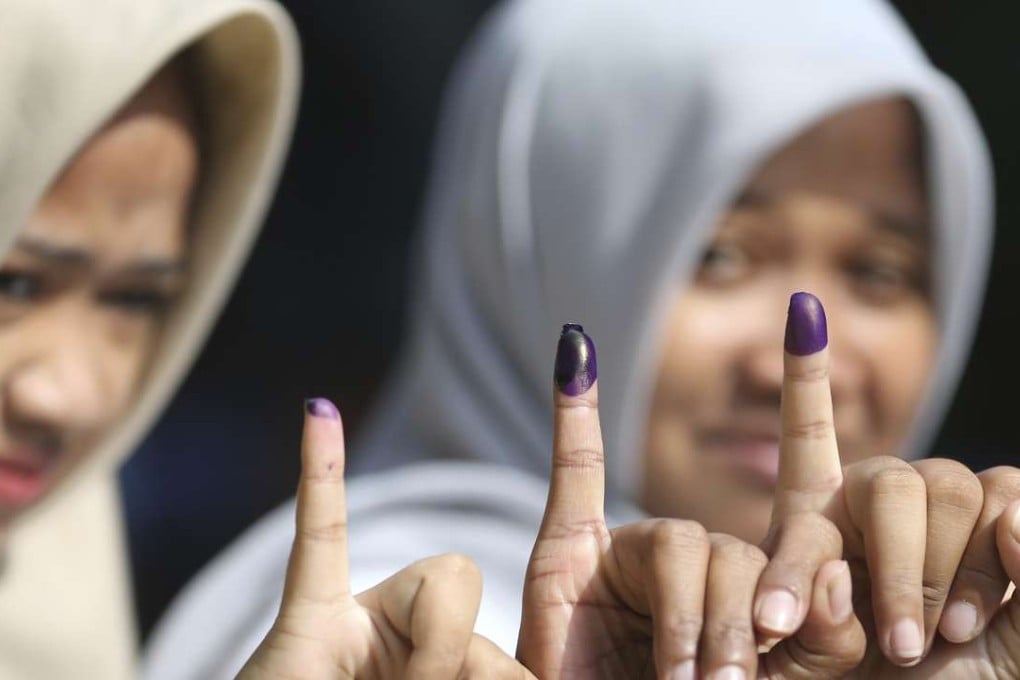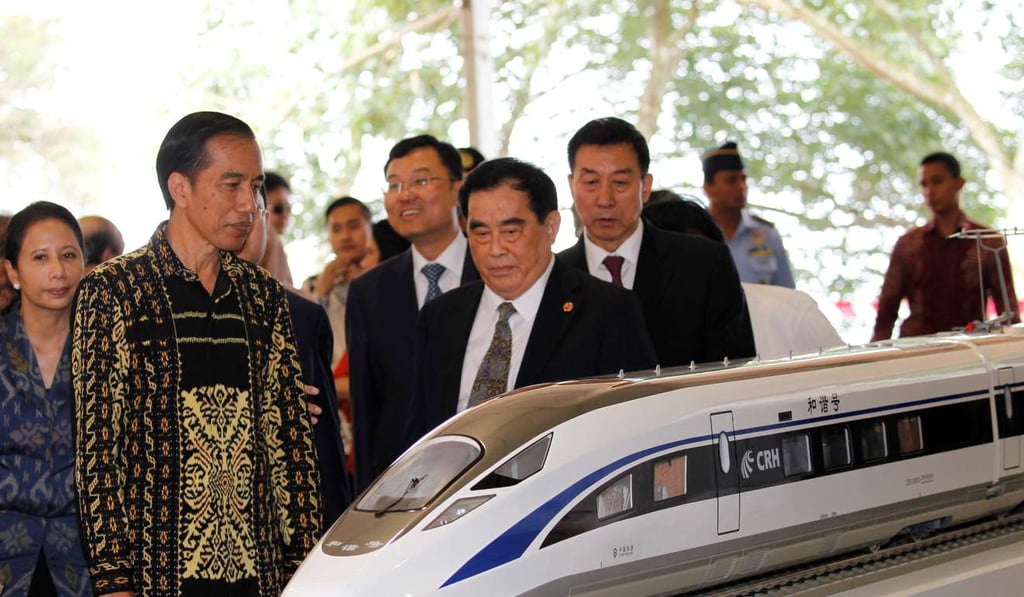Will Islam swing nail-biter election for Jakarta’s governor?
With a huge voter turnout, most polls show a tossup race between the Chinese-Christian incumbent and his Muslim-backed opponent

Millions of Jakarta voters thronged to voting booths across the Indonesian capital on Wednesday to choose a new governor in a knife-edge vote seen as a proxy battle for the 2019 presidential race and a litmus test for pluralism amid rising anti-Chinese sentiment in the world’s most populous Muslim country.

Voter turnout for the two-person run-off is expected to be more than 77 per cent of the 7.2 million eligible voters.
Polling closed at 1pm Hong Kong time in the electoral battle which pits the incumbent Basuki Tjahaja Purnama – a key government ally who is Chinese Christian – against Anies Baswedan, a Muslim backed by the opposition. President Joko Widodo declared a public holiday in the capital for the vote, and the Indonesia Stock Exchange was also shut.
Private pollsters sanctioned by election officials will release “quick count” results from a sample of ballots within hours. Official results are due for release in early May.
Purnama, 50, commonly known by his Chinese nickname “Ahok”, took over the job from Widodo in 2014 unelected after the latter triumphed in the presidential race.
Former university academic Baswedan, 47, was Widodo’s education minister before he was sacked last year.The ethnic and religious profiles of the two candidates have stoked communal tensions in the country, which is still recovering from the wounds of violent riots in the 1990s that targeted the tiny but affluent Chinese minority.